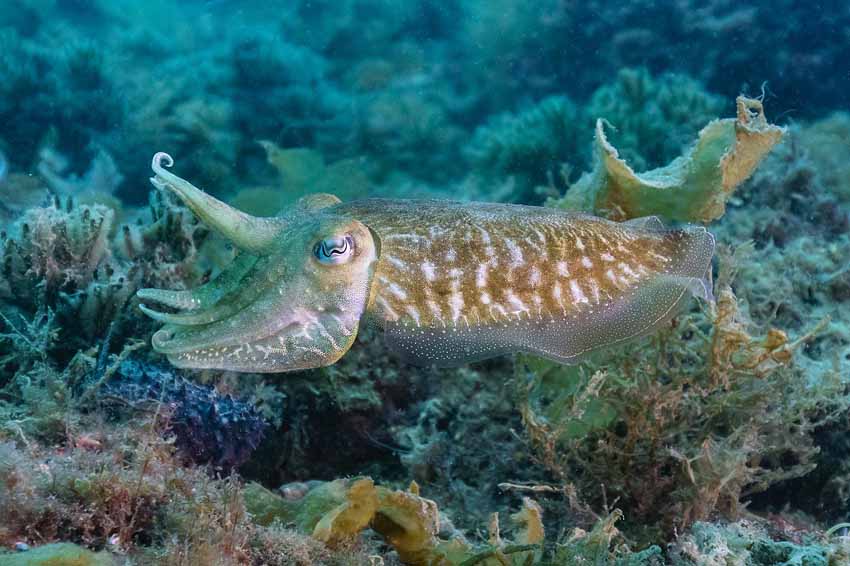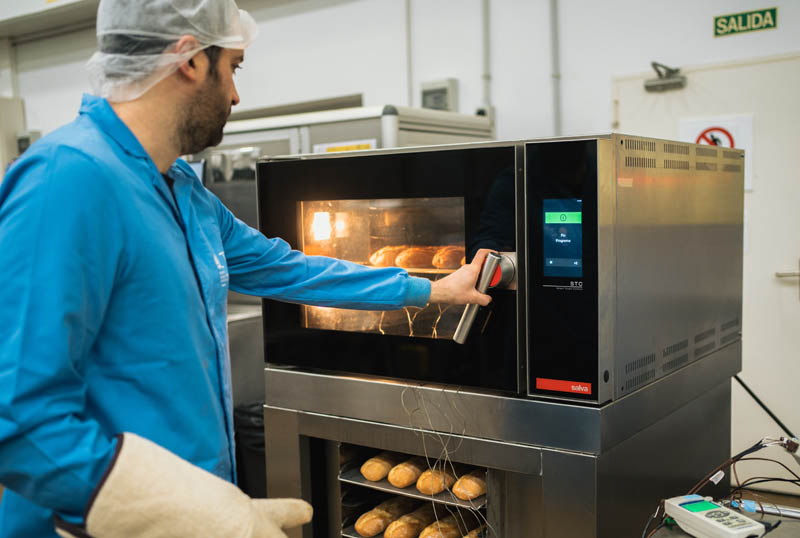AZTI develops an AI model to optimize the identification of fish schools for enhancing fisheries sustainability
Últimas noticias
An LGTBIQ+ perspective on the animal kingdom
Una mirada LGTBIQ+ al reino animal
Circular Economy in Action: Valorisation of By-products through Projects like PRIMA NEWFEED
- An automatic classification model developed by the technology and research centre can distinguish schools of different small pelagic species, such as anchovies, sardines, and Atlantic mackerels, based on the characteristics of their acoustic echo-traces with up to 80% accuracy.
- The results, published in the ICES Journal of Marine Science, demonstrate that it is possible to apply artificial intelligence to improve the selectivity of fisheries targeting pelagic schools and enhance the sustainability of marine resources.
Sukarrieta, September 10, 2024. AZTI, a pioneering centre in integrating new technologies in the fishing industry, has developed an innovative AI application designed to enhance the management and sustainability of commercial fisheries.
The AZTI team has built an automatic classification model that identifies the main pelagic species in the Bay of Biscay, such as anchovy, sardine, and Atlantic mackerel, based on their schooling behaviour. The classification of fish schools detected by acoustic echosounders represents a crucial advancement for managing pelagic species found in highly diverse ecosystems and enables the study of specific behavioural changes in the presence of other species. This type of study allows us, through multidisciplinary surveys like JUVENA, to go beyond the management of the main pelagic fish species and aim to understand the functioning of the entire pelagic ecosystem, from plankton to apex predators such as birds and cetaceans.
The AI model, trained with poorly labelled data, uses fully and partially labelled schools. The model outputs are probabilistic, providing the likelihood of a given school belonging to each study species. Comparing the probabilities assigned to different species enables the assessment of the model’s reliability in each prediction.
The results are promising: the use of AI in acoustic data from sonars and echo sounders on fishing vessels has emerged as an effective strategy to enhance fisheries management. Automatically discriminating schools, in addition to reducing the data processing time in scientific surveys, can increase the accuracy of the data uses for the assessment of the annual pelagic species distribution and abundance. Furthermore, automatic school classification can potentially increase fisheries efficiency and sustainability by reducing significantly the by-catch.
The results published in the ICES Journal of Marine Science, show a 63.5% accuracy in classifying labelled schools, and about 80% accuracy considering labelled and unlabelled schools at haul-level.
Aitor Lekanda, a marine scientist doing his PhD in AZTI under the supervision of Guillermo Boyra and Maite Louzao, highlights the broader implications of the model: “Automating species identification not only reduces data processing times for scientific surveys but also provides new opportunities to study the schooling behaviour and develop new technologies for increasing the efficiency and sustainability of the fishing industry.”
Technological leadership
The development of this AI tool underscores AZTI’s role as a leader in technological advancements for fisheries. Their expertise in handling large data sets and applying machine learning, big data, and AI enables them to offer innovative, sustainable solutions that benefit both, the fishing industry and the marine environment.
A good example is their involvement in the European SMARTFISH project, which aims to develop intelligent systems for the EU’s fishing sector, minimizing its environmental footprint. AZTI also leads expert groups in size and species discrimination for purse seine fisheries, affirming their commitment to more sustainable and efficient fishing practices.
These initiatives illustrate AZTI’s effort to develop technologies that augment the efficiency and sustainability of fisheries, standing out as pioneer in applying AI and big data to fisheries.
* Aitor Lekanda, Guillermo Boyra, Maite Louzao, Weakly supervised classification of acoustic echo-traces in a multispecific pelagic environment, ICES Journal of Marine Science, 2024;, fsae085, https://doi.org/10.1093/icesjms/fsae085








